Designing the everyday
By George Lee •
In a new report, This Age Thing in collaboration with the u3a and Design Age Institute, reveal the results of a survey highlighting the most frustrating everyday household objects as we age. We are going to do something about it and we want your help.
Jam jars, bleach bottles, blister packs, cans, TV remote controls, washing machines, medicine bottles, high cupboards, keys, plugs, duvet covers, vacuum cleaners — just a few of the common household items that frustrate us in a survey carried out with the u3a.
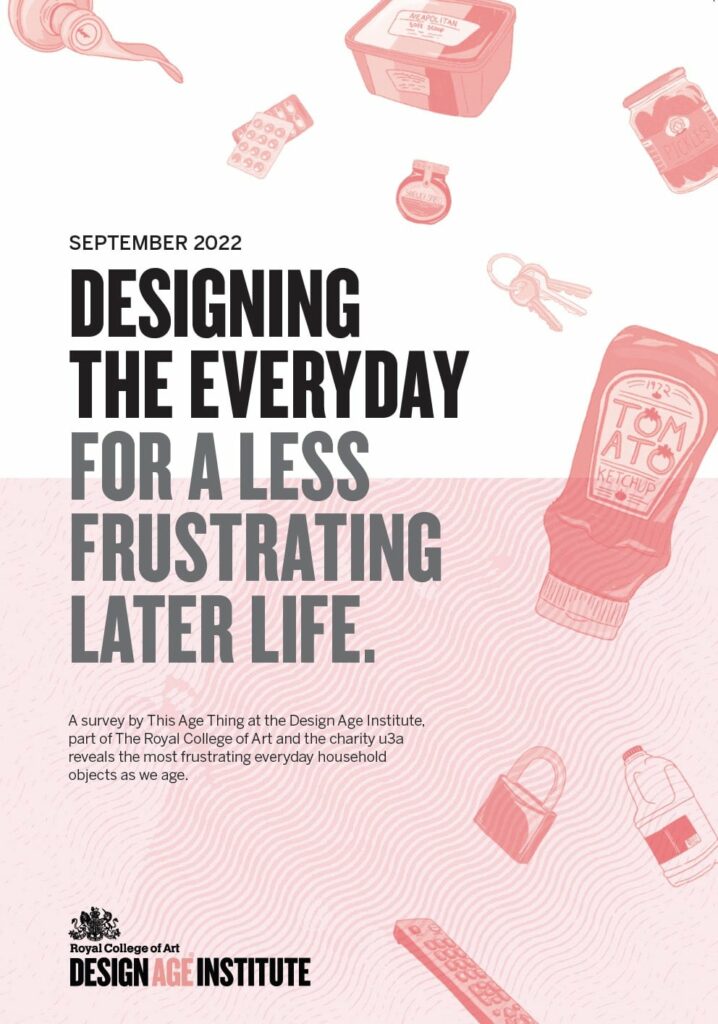
You can read the full Design Age Institute report here.
What’s the problem?
Anyone can get frustrated by the design of some everyday objects, but as people get older these frustrations can escalate. Some everyday objects aren’t designed with older people in mind and this can result in unnecessary difficulty and stress, as well as longer term impacts on health and wellbeing.
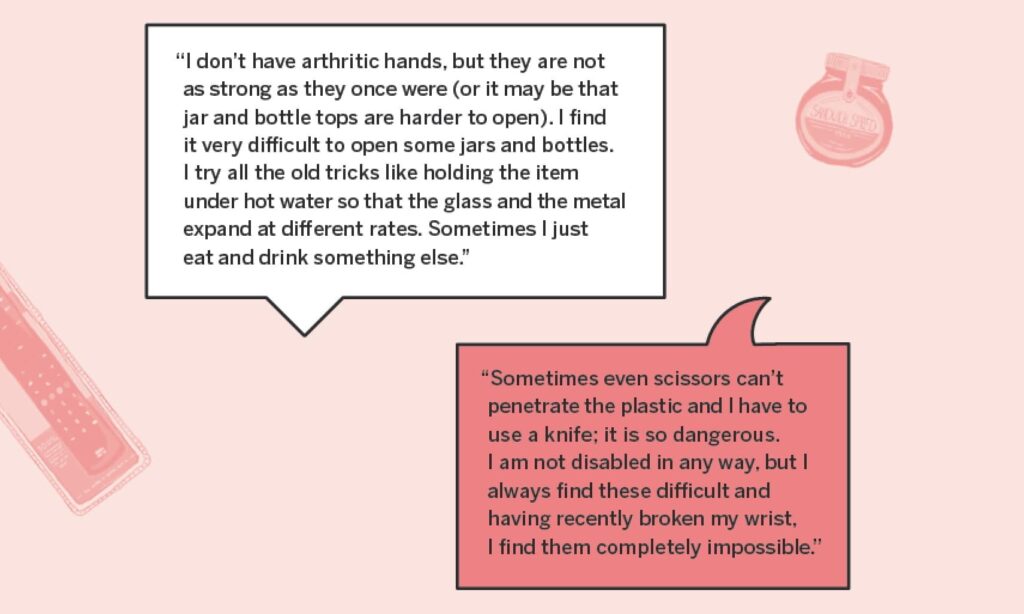
What did we do?
This Age Thing at Design Age Institute, part of the Royal College of Art, and the charity u3a joined forces to find out from older people themselves which everyday items are the most frustrating and why, with a view to paving the way for change. We surveyed over 2000 u3a members.
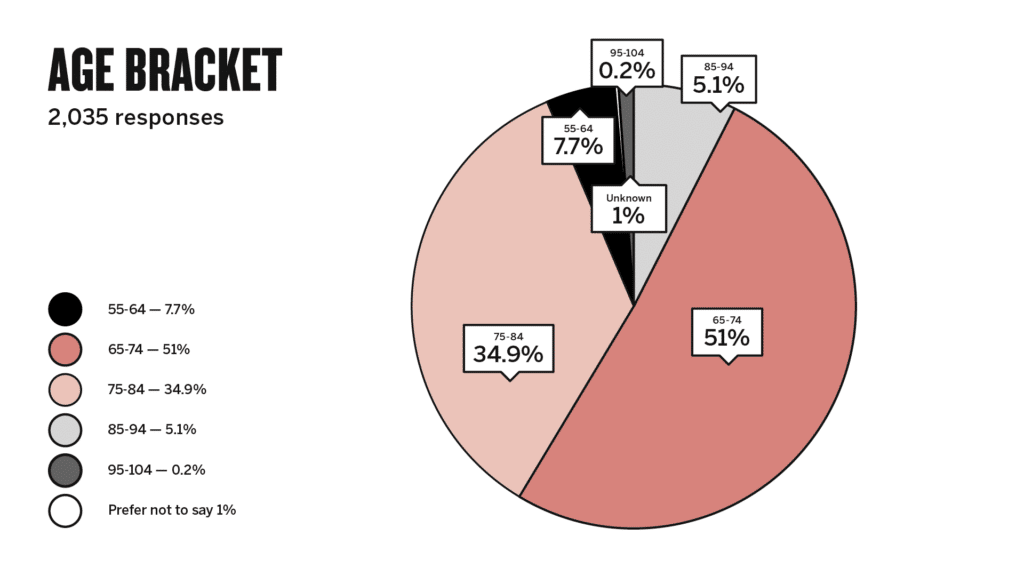
Sometimes even scissors can’t penetrate the plastic and I have to use a knife; it is so dangerous. I am not disabled in any way, but I always find these difficult and having recently broken my wrist,I find them completely impossible. — u3a member
What did we find?
60% of those surveyed reported that food and medical packaging were the household items that caused the most frustration. Packaging wasn’t the only frustration, members also reported difficulties with duvet covers, TV remotes, high cupboards, keys and locks, plugs, too many controls on white goods, vacuum cleaners, and small keys on computers and mobile phones.
People’s responses indicated that difficulties with packaging were not limited to older people or those with a health condition. Respondents shared their strategies to overcome some of the difficulties, including the use of tools to aid opening packaging, some of which were described as dangerous.
Even with a variety of gadgets which are supposed to help, I find some lids impossible to open. — u3a member
What does this mean?
Our findings point to the pervasive nature of poorly designed packaging, the associated stress it causes on a daily basis, and the potentially detrimental impact these daily frustrations have on health and wellbeing. Good design matters and there is clearly room for improvement.
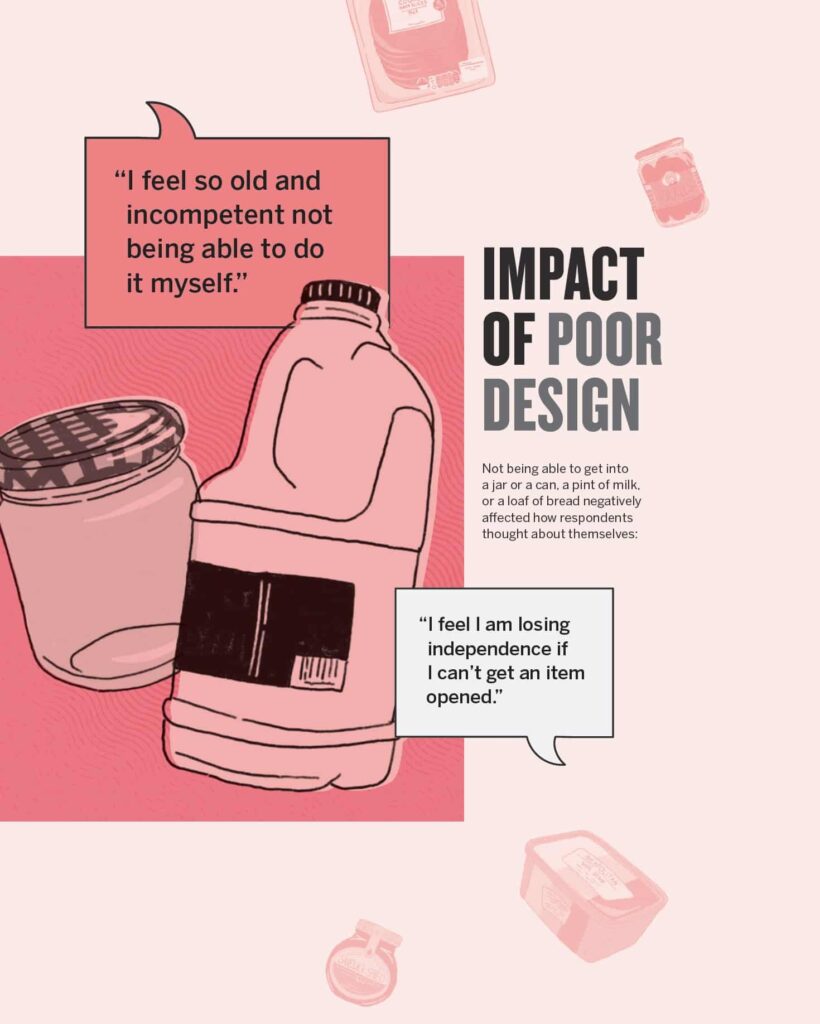
What needs to change?
Packaging needs to be designed better to minimise avoidable frustrations and harm. Older people should be involved and consulted in the design process from the beginning.
It is human-proof!! I have to get help opening it initially then dare not replace the lid securely as I’d be unlikely to be able to reopen it. So then I run the risk of bleach spillage. There are a number of similarly poorly designed containers which are not amenable to the usual lid openers. — u3a member
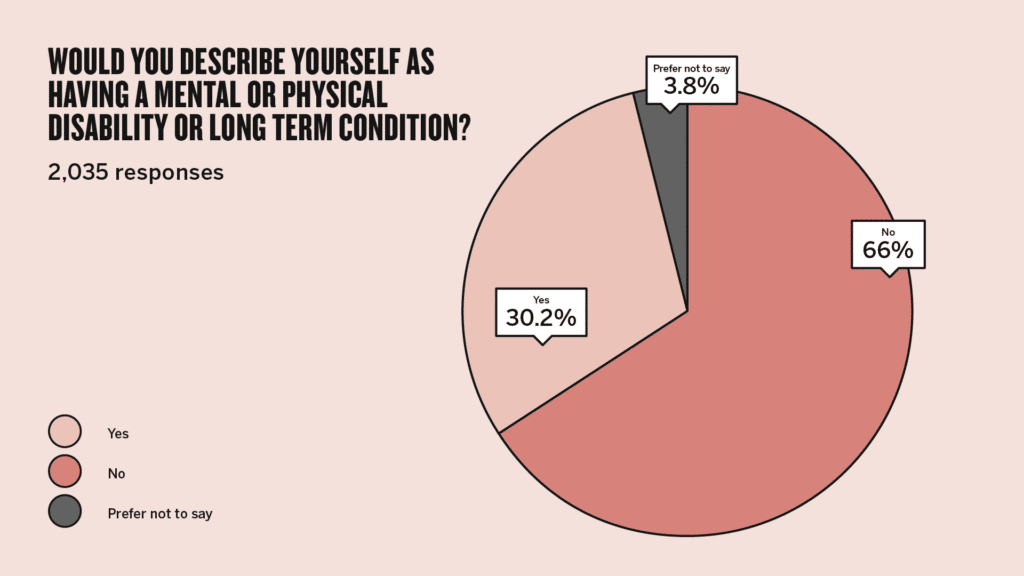
What next?
We recently launched a petition to call on Government to introduce a minimum mandatory standard for consumer packaging. You can sign the petition here.
Make sure you join This Age Thing so we can keep you up to date with how you can get involved to ensure design works for us and not against in our everyday lives.
I think that all our young people employed in packaging design should try them out on their own grandparents first! — u3a member
More Information
You can download the full report here.
You can add you voice by signing the petition here.
The u3a movement has been learning, staying active and having fun for 40 years – showcasing what it means to have a positive later life. You can join them and find out what events are happening near you at www.u3a.org.uk